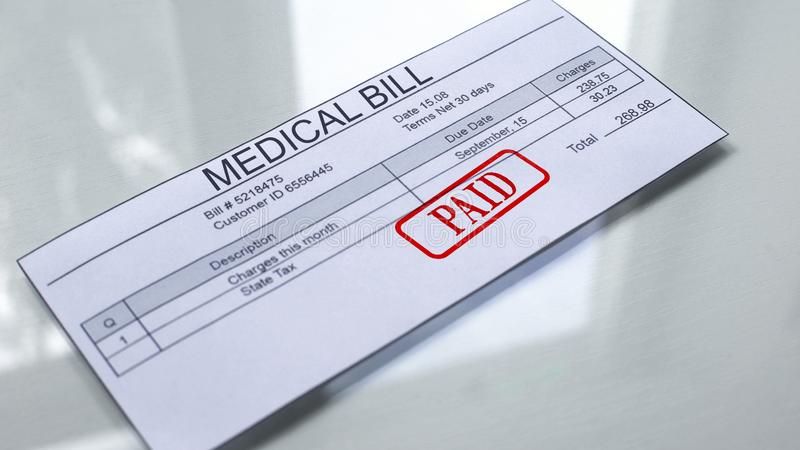
The 3 large credit reporting companies Equifax, Experian, and Transunion announced that as of July 1, 2022, they are no longer including certain types of medical debt on credit reports. These include all medical bills that have been paid. Previously, any amount of medical debt, whether paid or not, could remain on consumers’ credit reports for up to 7 years.
Medical bills will not go on credit reports for 1 year
Additionally, consumers now get a year (up from 6 months) before unpaid medical debt appears on credit reports if it goes to a collection agency. And there’s even more good news: In early 2023, the credit reporting companies will stop reporting all medical debts, paid or unpaid, that are under $500.
For tens of millions of people in the U.S. burdened by medical bills, the announcement is a welcome and much-needed form of relief . In most cases, people get into medical debt through no fault of their own. Some common reasons why people have medical debt is because of injuries from car accidents and other emergencies.
Last year, around 43 million credit reports showed collections for medical debt, according to the Consumer Financial Protection Bureau. In fact, 58% of bills that were in collections and appeared on credit reports were medical-related.
More relief is needed for unpaid bills over $500
As positive as these changes are, they do not apply to the 30% of the U.S. population with unpaid medical debt of more than $500. For example, 11 million Americans have medical debt above $2,000, and 3 million Americans have debt over $10,000. Therefore, families struggling with unpaid medical debt need more relief.
Jovita Wysocka Ahava is an attorney focused primarily on auto accidents, motor vehicle law, personal injury, premises cases, defective consumer products, prescription drugs and medical devices, and nursing home abuse and negligence. Ms. Ahava is a partner at Ahava Law Group and is licensed to practice law in Florida, Massachusetts and New York. She is also a Polish-speaking attorney.